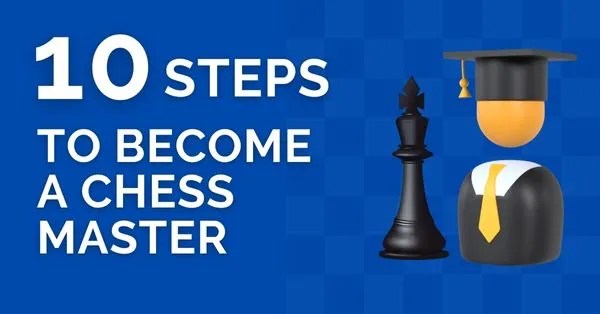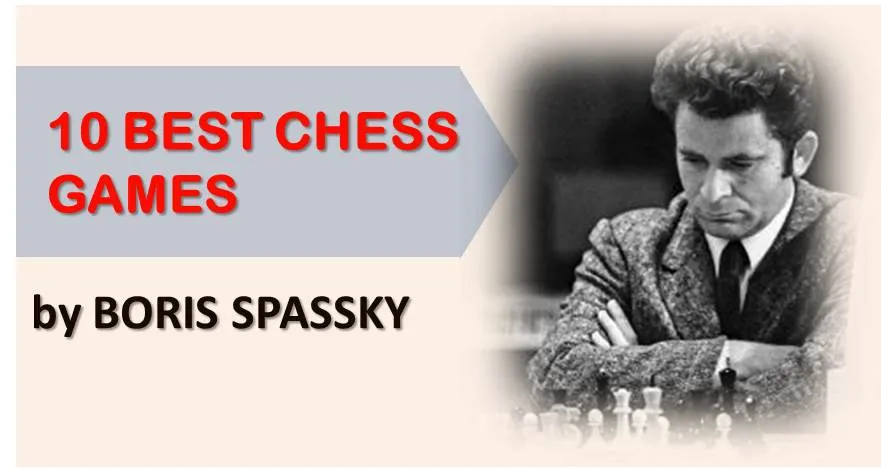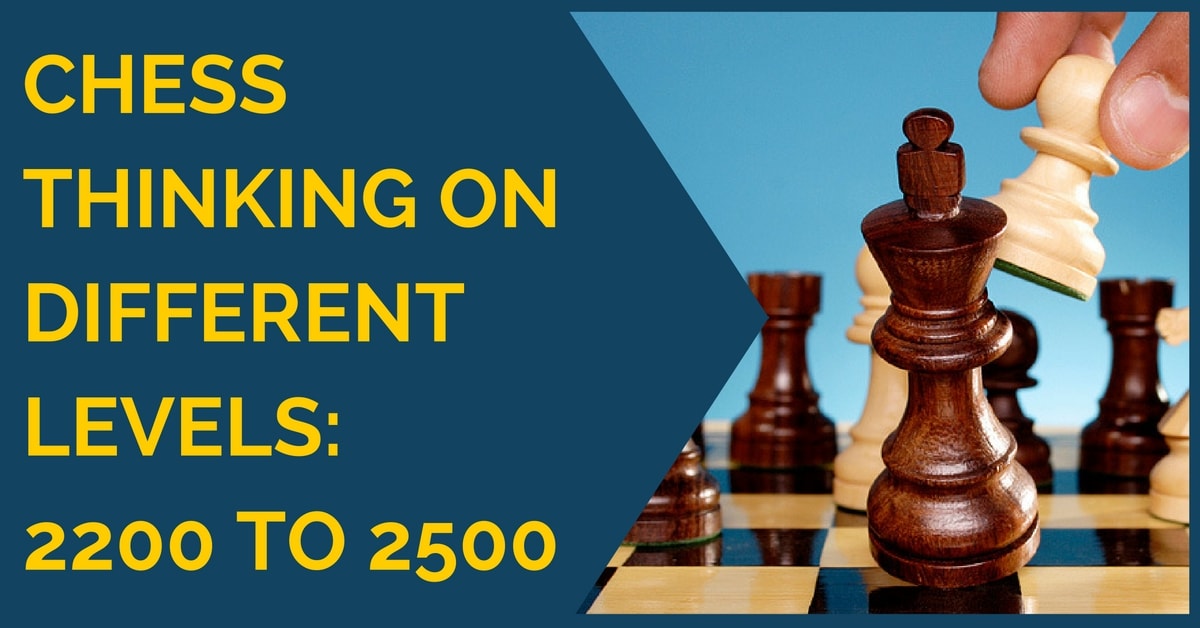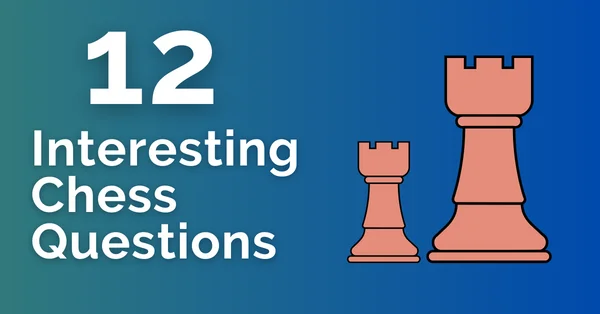10 Steps to Become a Chess Master

Many people enjoy playing chess, but few reach the level of mastery. If you take a look at the rating database of players worldwide the average rating for chess players is around 1200-1300. This means that most players have a basic understanding of the rules and some tactics, but they lack the deeper knowledge and skills that are required to excel at chess. If you are one of those players who want to improve and become a chess master, you may feel frustrated and stuck at your current level.
You may wonder why you are not making progress, despite studying books, watching videos, solving puzzles, and playing online. You may feel that you have reached a plateau and that you need something more to break through.
Before we dive in, it’s essential to understand why people get stuck at their current level. One of the most common reasons is that they don’t have a plan or strategy to improve. Another reason is that they don’t analyze their games, so they keep making the same mistakes repeatedly. Lastly, many players don’t take the time to study and practice regularly.
In this article, we will take a look at 10 steps that you can follow to overcome these obstacles and become a chess master.
Step 1: Learn chess fundamentals
The first step to becoming a chess master is to learn the basic rules and principles of chess. You need to know the basics, how to avoid common mistakes, and how to apply simple tactics and strategies. You also need to learn some basic endgames. These are essential skills that will help get started on your journey to chess mastery.
You can learn chess fundamentals from books, videos, websites, apps, or online courses. There are many resources available for beginners and intermediate players.
Step 2: Play regularly
The second step to becoming a chess master is to play regularly. Learning can only take you so far. At one point you have to jump in and start playing. Playing chess is the best way to practice your skills and test your knowledge. It exposes you to different opponents, styles, and situations.
You can play chess online or offline. Online chess is convenient and accessible. You can play anytime, anywhere, with anyone in the world. You can also choose the time control, format, and rating range of your games.
Offline chess is more traditional and realistic. You can play face-to-face with other players in clubs, tournaments, or casual settings
Step 3: Analyze all your games
Analyzing your games is the best way to learn from your experience and improve. It helps you identify your strengths and weaknesses. By analyzing your games you will find recurring patterns in your game. You will also find some good habits and bad habits which you can work on improving.
You can analyze your games by yourself or with others. Analyzing by yourself requires you to review your moves and thoughts during the game.
Analyzing with others requires you to share your games and opinions with stronger players or coaches. They can give you feedback, advice, or insights that will help you improve your chess.
Step 4: Study opening theory
As you keep improving and approach the master level.
You will realize that unlike most of the club players’ games where the battle is mainly in the middlegame, The master fights for the initiative and advantage right from the get-go. This puts huge pressure on you if you don’t have experience playing master-level players.
Therefore, it is essential that you start learning the opening theory at this stage.
Step 5: Work on your tactics
Every club player knows what tactics are. They are the decisive moves you use to decide the majority of your games. You work on them religiously every day to build a strong tactical foundation.
So how are masters different?
Of course, they are very strong tactically. But a master also uses tactics differently. Sure, many of their games end the same ways that yours do, when their opponent cannot meet tactical threats. But to get to that point a master builds up a position, usually slowly, until it is overwhelming.
If you study masters game you will realize that they use tactics in a way club players rarely even use!
These are forcing and positional moves. If you calculate the variations, you will realize that the strength of the moves is backed by their tactical soundness.
Typically, it’s a simple threat to win something. But its primary purpose is to obtain better chances in a positional way, such as by improving the placement of a bishop or knight or weakening enemy pawns, or forcing the trade of a strong enemy piece.
Step 6: Develop a deep understanding of the strategy
Chess strategy is the art of planning and executing moves that have long-term implications for the game. Having a deep understanding of chess strategy requires a high level of foresight, calculation, and intuition, as well as a good understanding of the position and the opponent’s style.
Most club players tend to play the obvious move in the position. That is, they follow their intuition and do some calculations. If it works out then they play it over the board. But masters see it a step further, they know when to play intuitively and when to play with a strategy in mind.
As club players, you should be trying to develop this skill. The best way to understand strategy is to first learn all the basic strategies and then focus solely on master games.
Step 7: Improve your middlegame skills
While the opening and endgame can be played with the help of positions studied before the game, the middlegame is the area of the game where you need to have strategic thinking and calculation ability. The middle game requires you to study the position and prepare a plan of action. This should be guided by the evaluation of the position.
To become a Master this is arguably the most crucial area to work upon. Club players and Masters evaluate the position differently. This is mainly due to the master’s bigger knowledge of standard positions and how they can narrow down to a particular move in any given middlegame position.
A good and effective starting point to improving middlegame skills would be to:
- Study master games and learn from their ideas and techniques.
- Study the typical pawn structures and their plans and weaknesses.
Step 8: Study theoretical and practical endgames
There are two types of chess endgames: theoretical and practical.
Studying both theoretical and practical endgames can benefit your chess performance in several ways.
- It helps you recognize when an endgame is favorable or unfavorable for you.
- By studying endgames, you appreciate the value of pieces more and gain a deeper understanding of the functioning of the pieces
- It can help you develop your intuition and imagination in finding the best moves in complex and unclear positions.
Step 9: Play tournament chess
To obtain an official master title you have to play tournament games. They offer a wholly different experience. You can meet new people who share your passion for chess and make friends from different backgrounds and cultures.
You can also participate in different types of tournaments, such as Swiss, round-robin, knockout, team, etc.
But there are some challenges as well. You need to dedicate time and effort to prepare for tournaments.
Also, you need to deal with the pressure and stress that come from playing in competitive situations.
Last but not least you need to pay fees and expenses that are associated with playing in tournaments, such as entry fees, travel costs, accommodation, etc.
You also might like 5 Steps to Finding a Plan, Top 7 Steps to Learn a Chess Opening Fast as well as Mastering Endgames in 3 Easy Steps.
Step 10: Stay motivated and persistent
Becoming a chess master is a challenging and rewarding goal that requires dedication, practice, and patience. You need to stay motivated and persistent during your journey.
- Set realistic and specific goals for yourself. For example, you can aim to increase your rating by a certain amount, win a tournament, or master a certain opening.
- Set up a good support system. This will help you when you need external motivation and support. This can be either a community or your family or friends.
https://thechessworld.com/store/product/from-club-player-to-expert-with-gm-nikola-nestorovic/










Comments: